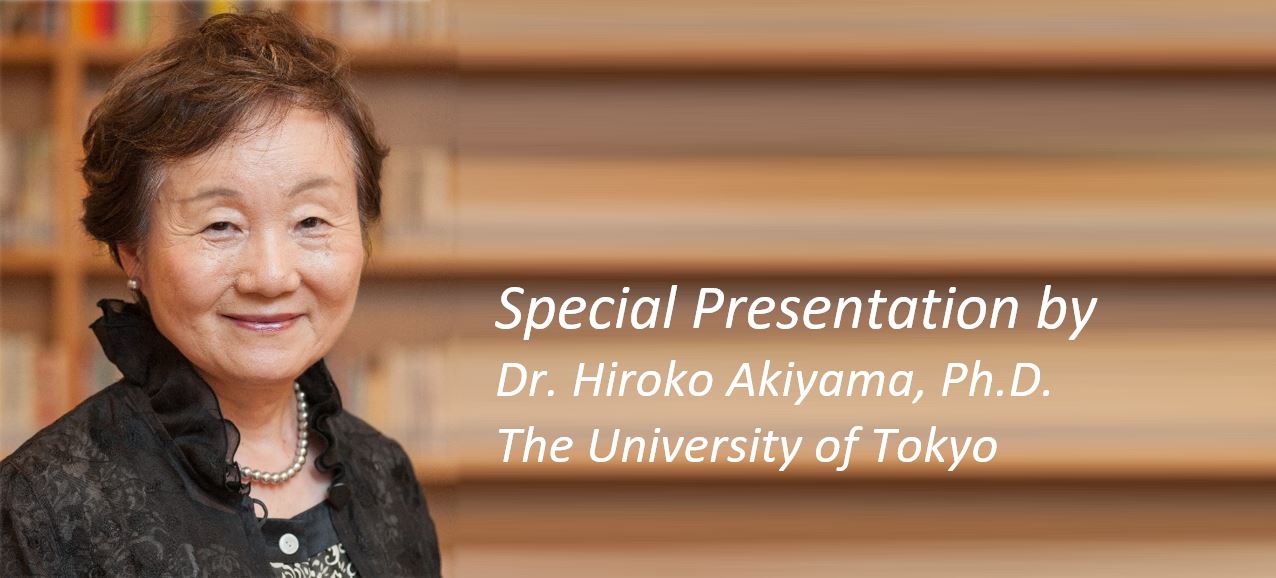
- Date
03.17.2021 (Wed.)
- Time
5:00 PM - 6:00 PM (PDT)
- Location
Online
- Fee
Complimentary
Japan consistently ranks as having one of the highest life expectancies in the world1, which also equates with a large aging population. Currently, 29% of the Japanese population is over the age of 652, and by the year 2060 this is projected to drastically increase to roughly 40%3. The existing infrastructure of communities in Japan were built when the overall population was much younger. As a country, we need to reconsider, and redesign, both hard and soft infrastructure of communities to better meet the needs of our highly aged, and aging, society. We need to design communities where people of all ages stay healthy, active, connected, and live with a sense of security.
A successful social experiment in Kashiwa City, “Work Places for the Second Life Project” has showcased how a community can be thoughtfully designed to enhance the lives of our aging citizens. The Project is creating age-friendly workplaces and flexible employment models for citizens over the age of 65. The other supporting projects, such as lifelong learning, frailty prevention, community-based integrated care system, housing, and transportation are simultaneously in progress. This type of social experiment requires collaboration among researchers in different disciplines, as well as full collaboration between citizens, local governments, the business community, and other local organizations such as medical associations and NPOs. It is a model that can be replicated throughout Japan to provide the support and infrastructure needed for our aging population.
*To watch the video in full screen, please click on the image above, then click on the YouTube icon on the lower right-hand corner.
Recording Available
The recording can be viewed within this event page or on the official JAPAN HOUSE Los Angeles YouTube Channel.
Speaker Profile
Dr. Hiroko Akiyama, Ph.D.
Hiroko Akiyama, a gerontologist, is professor emeritus at the University of Tokyo and the former vice president of Science Council of Japan. Professor Akiyama has conducted a number of cross-national surveys and is widely recognized as an expert on issues of global aging. She is known for the long-running research on the elderly in Japan — tracking the aging patterns of approximately 6,000 Japanese elderly over 30 years. She also initiated social experiment projects that pioneer to re-design communities to meet the needs of the highly aged society, and more recently Kamakura Living Lab, a platform for open innovation by co-creation among users, industry, government and academia. She started the Institute of Gerontology at University of Tokyo in 2006. Professor Akiyama received a Ph.D. in psychology from University of Illinois, the United States.

1 According to the annual United Nations Population Fund's State of World Population report
2 Ministry of Internal Affairs and Communication, Statistics Bureau. "Japan Statistical Yearbook, Chapter 2: Population and Households". Retrieved 13 January 2016.
3 https://www.theguardian.com/world/2012/jan/30/japan-population-shrink-third

